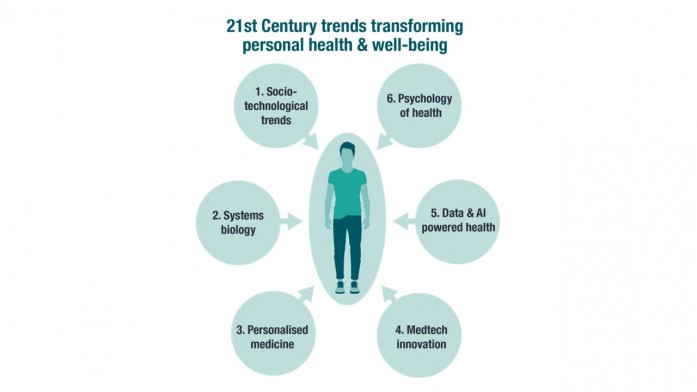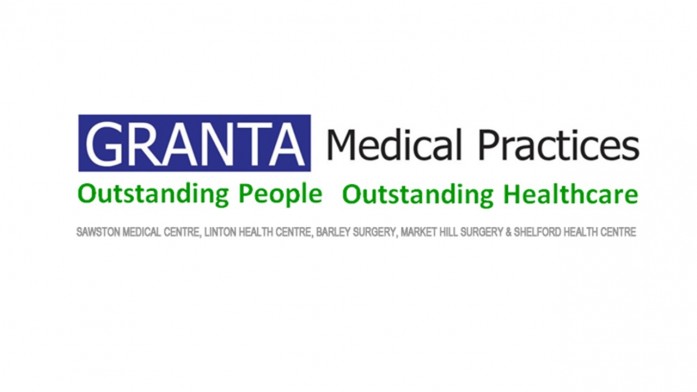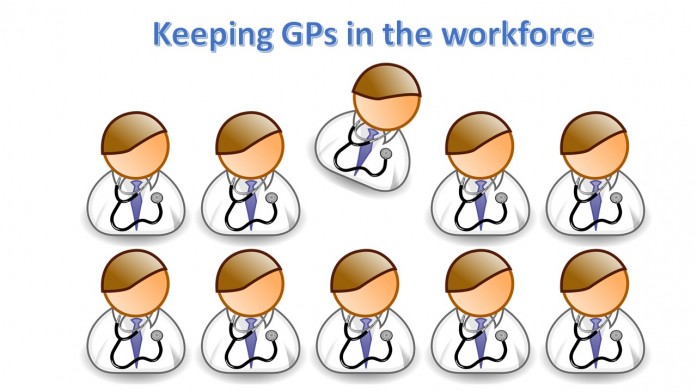Podcast: Play in new window | Download
Subscribe: Apple Podcasts | Email | RSS
Andy Wilkins is co-author of a new report called Beyond The Fog: A future for public healthcare which sets out to provide a provocative, ambitious vision for what healthcare might look like in 10 to 15 years’ time. In this fascinating and challenging episode (the first of two) Andy presents the six biggest trends (including technology, future society and systems biology) which he believes will influence changes in healthcare. He looks at the idea of “Always On” healthcare, based on a real-time view of patients and he explains the concept of a Digital Health Coach, effectively an Alexa for the future offering 24 hour advice and support to maintain an individual’s health. Part Two follows next week.
Show Notes
Andy explains how he became involved in healthcare (1min 01secs)
Becoming involved in the Royal Free Charity and this report (2min 07secs)
What the report sets out to achieve – making sense of future trends in healthcare (2mins 42secs)
The six biggest trends for the next ten to fifteen years:
1 – Future Society (4mins 40secs)
2 – Systems Biology (6mins 35secs)
3 – Personalised Medicine (8mins 01secs)
4 – Technology (8mins 09secs)
5 – Data (8mins 30secs)
6 – The Psychology of Health (8mins 40secs)
Making sense of it all by looking at the future patient (9mins 13secs)
The concept of “Always On” healthcare – a real-time view of patients (11mins 05secs)
Currently for 99% of the time a clinician is not involved (12mins 25secs)
Four future approaches:
1 – Prevention and holistic support (13mins 39secs)
2 – Intervening before illness manifests itself (15mins 38secs)
3 – Holistic management of disease (16mins 37secs)
4 – Enabling older people to remain independent (17mins 07secs)
Other principles – engaging the public, ownership of health, moving away from a clinical-only frame and a wider eco-system of “actors” (17mins 49secs)
Making sense of it all – the concept of a digital health coach (19mins 29secs)
Bringing all the new data together – a digital simulation of the individual (21mins 13secs)
A vision of what might be possible (22mins 55secs)
You can find out more about Beyond The Fog here




